I am a landowner and feel that I am becoming overrun with people freely roaming through our land. It is becoming such a regular occurrence that our own kids have to carefully pick their time to go for a walk through our own fields. It is intimidating; I feel I can’t even challenge them. Am I liable if someone gets hurt while walking on our farm?
Generally, farmers are happy to facilitate members of the public going for a walk. Under Irish law, in the absence of a right of way, access is at the discretion of the landowner and he or she may prohibit access or withdraw consent without prior notice. If someone is not taking due care or causing interference while on your property, you should ask them to leave. If they refuse to do so, you should call the gardaí.
Recently, a campaign was launched by the IFA encouraging landowners to deny access to land for people with dogs in response to an increase in dog attacks on Irish farms. Farmers are putting up “No Dogs Allowed” posters on their gates to signify their refusal of access to dog walkers on their land.
Distinction between public and private rights of way
There is a distinction in Irish law between public and private rights of way. A public right of way is a strip of land (normally a road or path) usually leading from a public place to another public place, along which the public has a legal right to travel. There are very few registered public rights of way in Ireland that are not maintained as public roads.
A private right of way is the right to enter on to private lands, but only for the purposes of gaining access to or exiting from another piece of land. Private rights of way are about the management of private land; typically being arrangements between neighbours and therefore not relevant to the public.
The waymarked trails are permissive routes that have been developed with the landowners agreement and are not rights of way. Even access to Coillte lands is permissive and people do not have a right of access.
Duty of care and insurance requirements
Under Irish law, occupiers of land have a duty of care to those entering their property, including trespassers. The Occupiers Liability Act 1995 contains specific provisions designed to facilitate the use of land for recreational activity and the duty owed depends on the category of persons who come on to the property (ie visitors, recreational users or trespassers). Under the act, a recreational user is a person present on the premises or land of a person without charge (other than a reasonable charge for parking facilities) for the purposes of engaging in a recreational activity. In this situation, the owner of the land is obliged to not intentionally injure or harm the recreational user or act with reckless disregard for the recreational user’s welfare.
Essentially, this means that if a landowner is deemed to fail to prevent danger when they were aware of it and a walker is subsequently injured, then the landowner can potentially be liable for that injury.
The National Trails Office/Irish Sports Council, in conjunction with the Local Authorities, arranges insurance for waymarked walking routes and other recreational trails in Ireland. The policy indemnifies private landowners along these routes against claims from recreational users. In any event, it is advisable that all landowners have public liability insurance whether or not there is recreational activity on their land.
This covers injury, disease or property damage caused to a member of the public arising from landowning/farming activities.
Damage to property
If a landowner believes someone is illegally occupying their land to the extent of committing an offence, they should contact the gardaí. Under the Criminal Justice (public order) Act 1994 as amended, it is a criminal offence for anyone to enter, occupy or bring anything on to privately owned land or land owned by local authorities if that act is likely to:
Substantially damage the land.Substantially damage any amenity on the land or prevent any person from making reasonable use of that amenity.Render the land or any amenity on it unsanitary or unsafe.Substantially interfere with the land or an amenity on it. An Garda Siochána are empowered to visit the land and if they find any person on the land, they can demand that the person gives them their name and address and that they leave the land and remove any objects under their control from the land. If the person refuses to comply with a garda’s directions, that person is liable to prosecution. You may be asked to give a statement in relation to bringing a case for prosecution by the Director of Public Prosecutions (DPP).
Disclaimer: The information in this article is intended as a general guide only. While every care is taken to ensure accuracy of information contained in this article, Aisling Meehan, Agricultural Solicitors does not accept responsibility for errors or omissions howsoever arising. Email aisling@agrisolicitors.ie
I am a landowner and feel that I am becoming overrun with people freely roaming through our land. It is becoming such a regular occurrence that our own kids have to carefully pick their time to go for a walk through our own fields. It is intimidating; I feel I can’t even challenge them. Am I liable if someone gets hurt while walking on our farm?
Generally, farmers are happy to facilitate members of the public going for a walk. Under Irish law, in the absence of a right of way, access is at the discretion of the landowner and he or she may prohibit access or withdraw consent without prior notice. If someone is not taking due care or causing interference while on your property, you should ask them to leave. If they refuse to do so, you should call the gardaí.
Recently, a campaign was launched by the IFA encouraging landowners to deny access to land for people with dogs in response to an increase in dog attacks on Irish farms. Farmers are putting up “No Dogs Allowed” posters on their gates to signify their refusal of access to dog walkers on their land.
Distinction between public and private rights of way
There is a distinction in Irish law between public and private rights of way. A public right of way is a strip of land (normally a road or path) usually leading from a public place to another public place, along which the public has a legal right to travel. There are very few registered public rights of way in Ireland that are not maintained as public roads.
A private right of way is the right to enter on to private lands, but only for the purposes of gaining access to or exiting from another piece of land. Private rights of way are about the management of private land; typically being arrangements between neighbours and therefore not relevant to the public.
The waymarked trails are permissive routes that have been developed with the landowners agreement and are not rights of way. Even access to Coillte lands is permissive and people do not have a right of access.
Duty of care and insurance requirements
Under Irish law, occupiers of land have a duty of care to those entering their property, including trespassers. The Occupiers Liability Act 1995 contains specific provisions designed to facilitate the use of land for recreational activity and the duty owed depends on the category of persons who come on to the property (ie visitors, recreational users or trespassers). Under the act, a recreational user is a person present on the premises or land of a person without charge (other than a reasonable charge for parking facilities) for the purposes of engaging in a recreational activity. In this situation, the owner of the land is obliged to not intentionally injure or harm the recreational user or act with reckless disregard for the recreational user’s welfare.
Essentially, this means that if a landowner is deemed to fail to prevent danger when they were aware of it and a walker is subsequently injured, then the landowner can potentially be liable for that injury.
The National Trails Office/Irish Sports Council, in conjunction with the Local Authorities, arranges insurance for waymarked walking routes and other recreational trails in Ireland. The policy indemnifies private landowners along these routes against claims from recreational users. In any event, it is advisable that all landowners have public liability insurance whether or not there is recreational activity on their land.
This covers injury, disease or property damage caused to a member of the public arising from landowning/farming activities.
Damage to property
If a landowner believes someone is illegally occupying their land to the extent of committing an offence, they should contact the gardaí. Under the Criminal Justice (public order) Act 1994 as amended, it is a criminal offence for anyone to enter, occupy or bring anything on to privately owned land or land owned by local authorities if that act is likely to:
Substantially damage the land.Substantially damage any amenity on the land or prevent any person from making reasonable use of that amenity.Render the land or any amenity on it unsanitary or unsafe.Substantially interfere with the land or an amenity on it. An Garda Siochána are empowered to visit the land and if they find any person on the land, they can demand that the person gives them their name and address and that they leave the land and remove any objects under their control from the land. If the person refuses to comply with a garda’s directions, that person is liable to prosecution. You may be asked to give a statement in relation to bringing a case for prosecution by the Director of Public Prosecutions (DPP).
Disclaimer: The information in this article is intended as a general guide only. While every care is taken to ensure accuracy of information contained in this article, Aisling Meehan, Agricultural Solicitors does not accept responsibility for errors or omissions howsoever arising. Email aisling@agrisolicitors.ie



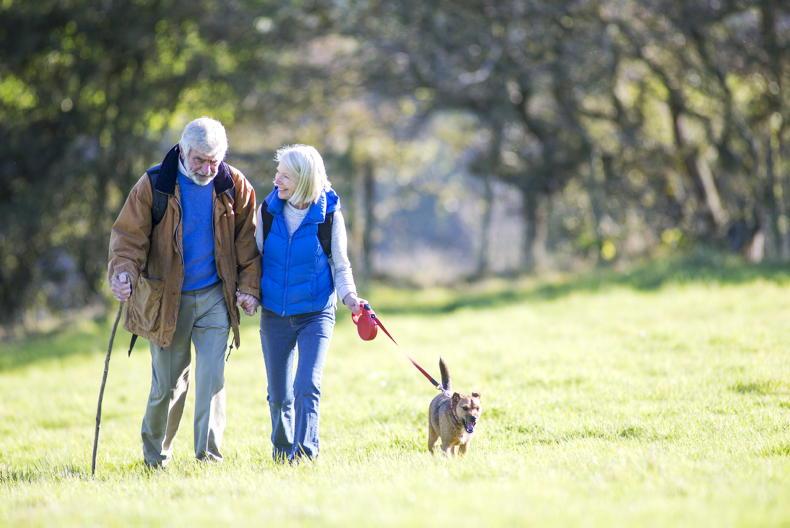

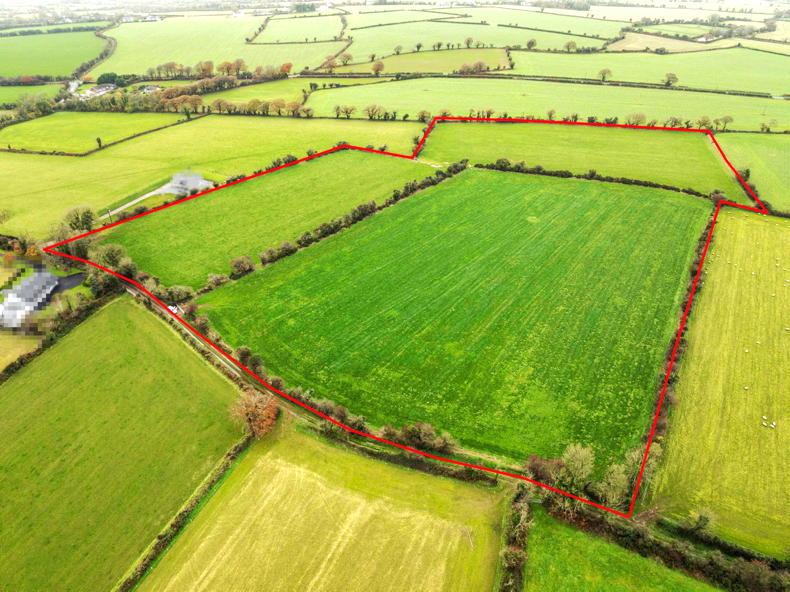

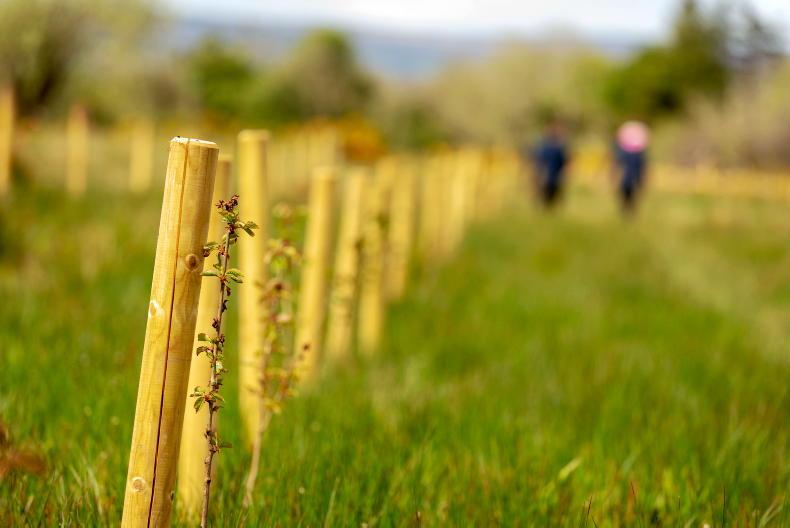
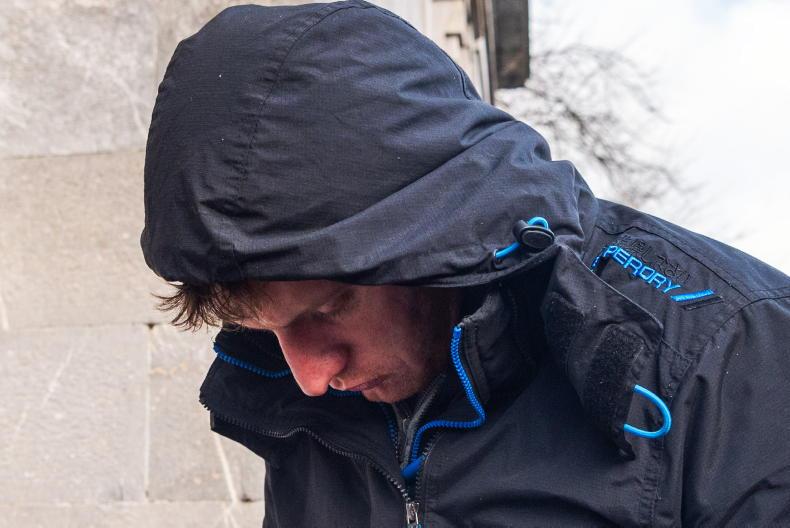
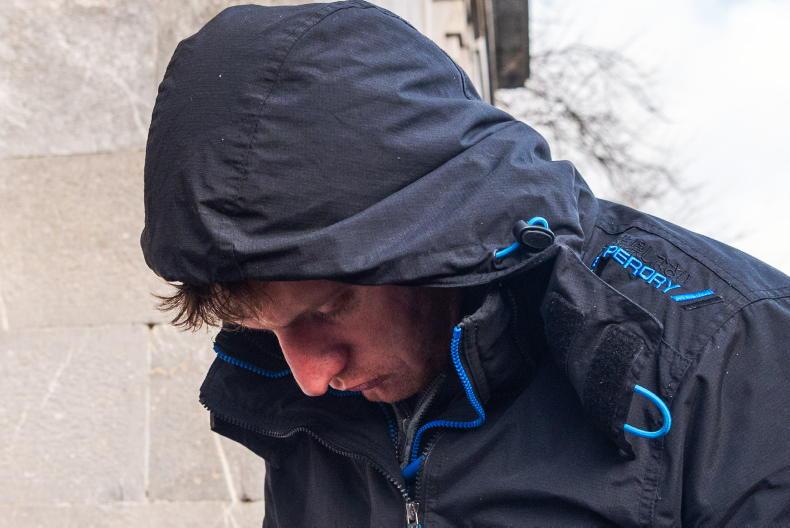
SHARING OPTIONS